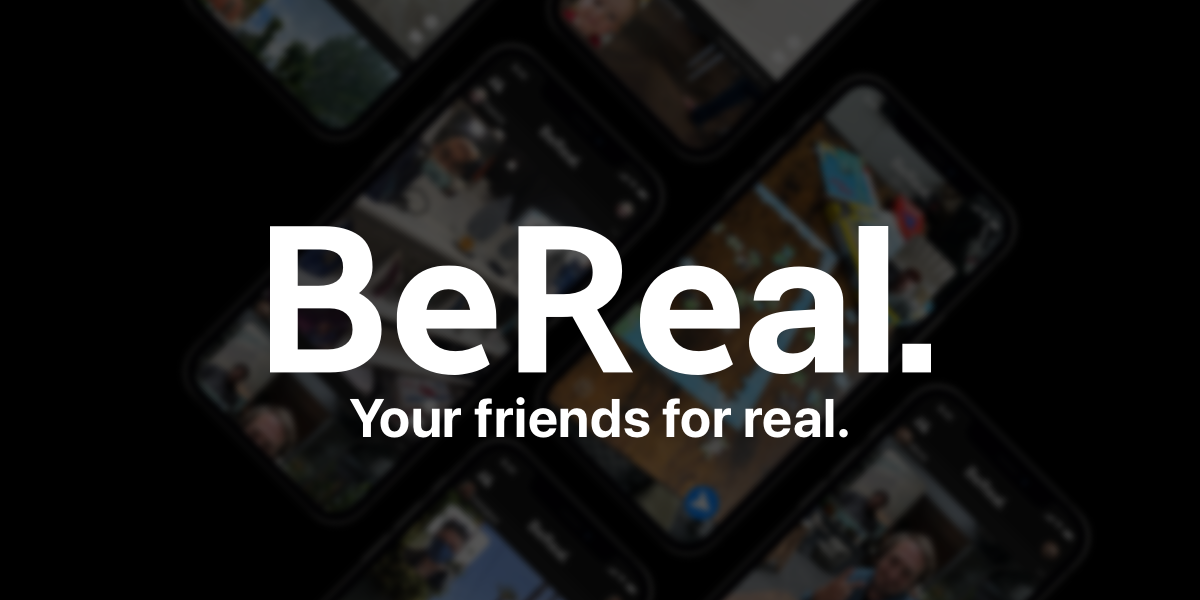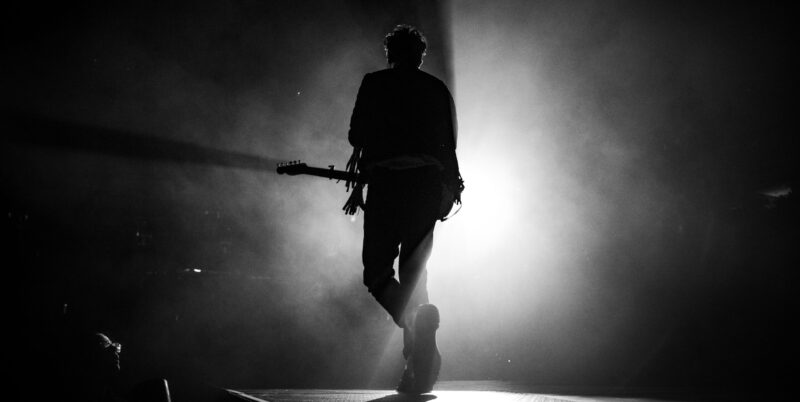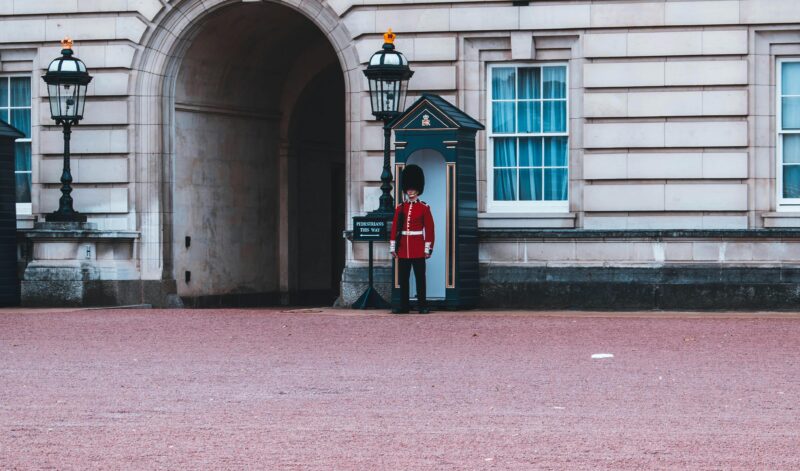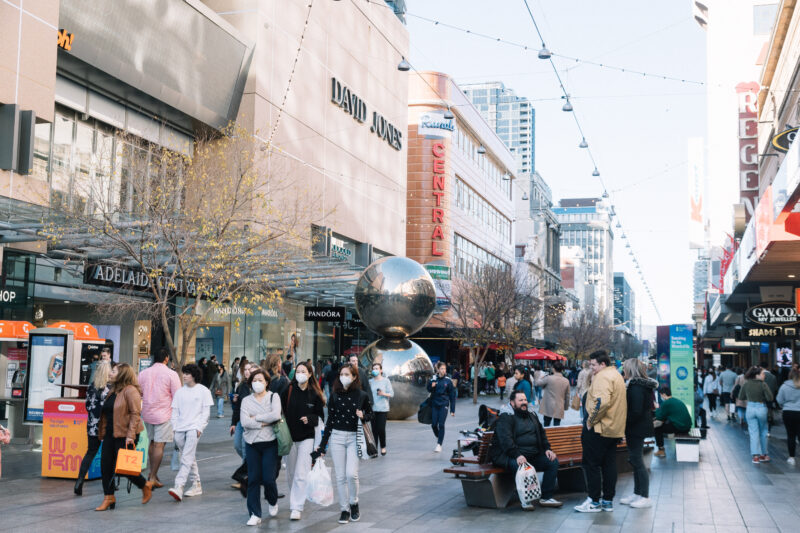Do we really want to BeReal?
As a millennial, my first engagements online (msn, chat rooms, games like The Sims) signified the internet as a place of fantasy. A space where you could construct and play with your identity and filter your image through whatever lens you wanted.
But after the emergence of social media, the rise of the influencer, and the commodification of those spaces – there now seems to be a pull away from fantasy, towards authenticity online.
Enter BeReal. Social Media’s most recent app du jour markets itself as “a new and unqiue way to discover who your friends really are in their daily life.” Launched at the end of 2019, but only really entering the zeitgeist in the last few months, BeReal sends users a push notification each day at a random time prompting them to post. If you post late, everyone in your feed is alerted to your indiscretion like some sort of modern-day communal shaming ritual. Using both front and back cameras, the resulting post (called a ‘BeReal’) is meant to take the artifice out of social media, and act as a true reflection of your daily activities.
But is reality what we really want from social media? And if it is, do we even know how to act authentically online?
Dr Jonathon Hutchinson, Senior Lecturer Online Communication and Media, University of Sydney says that the emergence of apps like BeReal mark an interesting change in the social media landscape.
“I think we’re at an interesting point in social media history, where the question of authenticity has emerged, and the run that influences have had is nearing an end. I think that all comes down to how people perform in their online spaces.”
“Every time a new platform or media technology emerges, there’s always this renegotiation of the space in terms of how people are creating content for it, and then how it’s being distributed, and then how people are accessing that content,” says Dr Hutchinson.
BeReal’s success has in part been aided by Instagram, who alienated large sections of their audience with their hard push to Reels. Users are now more likely to see random videos from pay-to-play content creators than photos of their friends.
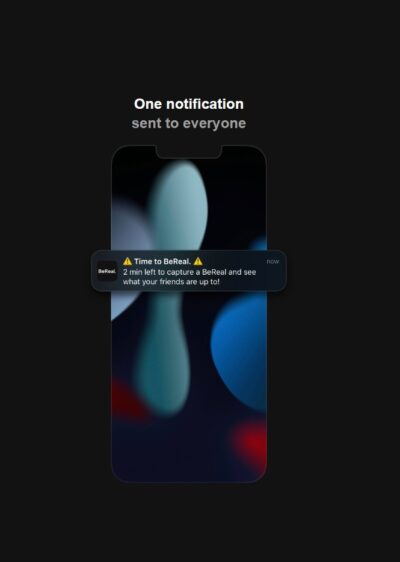
Dr Hutchinson says that this blowback against curated content has started to have an effect on other social media platforms.
“I think in this whole kind of authenticity discussion, the fact that the platforms are offering users the ability to switch off a feed and turn it into a chronological feed again, says to me that even they can sense that people are a little bit done with this whole kind of curated, polished, communication feed. They really just want to hang out with their friends and see what they’re doing.”
For Monikha, a 30-year-old Operations Manager at boutique Melbourne shoe brand twofive, BeReal is an opportunity to dip in and out of the lives of her friends, while also serving as remedy to the polished offerings of BeReal’s social media counterparts.
“It’s definitely a bit of an antidote to regular social media. I like to make a really stupid caption and then I’m done for the day. And if people respond, that’s really fun. But ultimately, I’m just there to enjoy myself, enjoy seeing where other people are at and then leaving. To have a highly curated BeReal is actually so exhausting to me. There are so many other apps for that.”
However not everyone views BeReal as an escape from the manicured world of other social media platforms. Morgan, a 22-year-old bike mechanic downloaded the app for only a few short days before deleting it, after feeling that it was failing to deliver on its promise.
“My housemate had told me about it a few months before it was really big, and it sounded very cute and wholesome. I had heard stories of people getting the notifications in super weird situations, like at funerals, the gynecologist, mid break up or fight. And that definitely added to the appeal for me, this idea of seeing awkward or raw encounters and situations.”
“I was really excited to see what people were posting, but quickly found that everyone was posting outside the nominated times. Which would have been fine if every photo didn’t also happen to be very aesthetically pleasing, or a fun activity. So, my first impression was that it was just a new excuse to post fun, attractive, or appealing photos, which felt like a bummer because nothing felt ‘real’, which was the whole appeal of the app,” says Morgan.
“I didn’t really feel we needed a new app for aesthetic posting.”
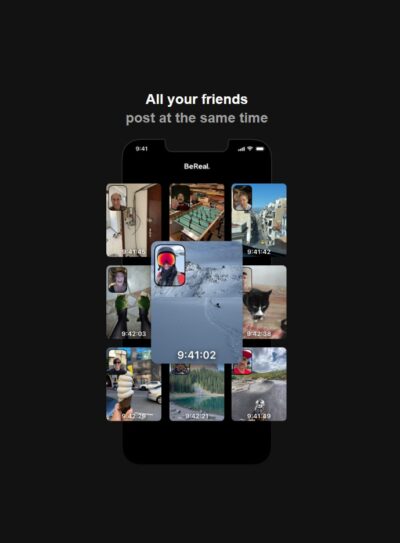
After a slow start, BeReal has been downloaded 27.9 million times, and currently has around just shy of three million people accessing the app daily. For context, Instagram has 3.8 billion downloads, with a total number of 1.9 billion active users daily.
Dr Hutchinson says that many social media users are growing a little weary of the constant stimulation offered by our social apps, which in turn effects what we want to engage with through those platforms.
“I think we are a bit fatigued with social media at the moment and there’s a bit of a pushback against it as well. But that’s a positive thing because I think what that does is it makes the whole ecosystem realise that this is a point, this is a moment of change for all social media platforms,” he says.
“Then you do see apps like BeReal emerge and it’ll be interesting to watch how they go, to see if they do actually gain momentum and traction in this kind of space.”
As to whether BeReal will stand the test of time, Monikha says that she understands that not everyone is after authenticity online.
“I love the fact that BeReal is geared to implementing a more realistic sort of view. But I do understand how it might not be sustainable. Not everyone likes to log in just once a day, see everyone’s pictures and never look at it again,” says Monikha.
“I absolutely love social media for that, to be able to have a front row seat in anyone’s life, like yes, let me grab the popcorn. I will sit here and watch you all day.”
